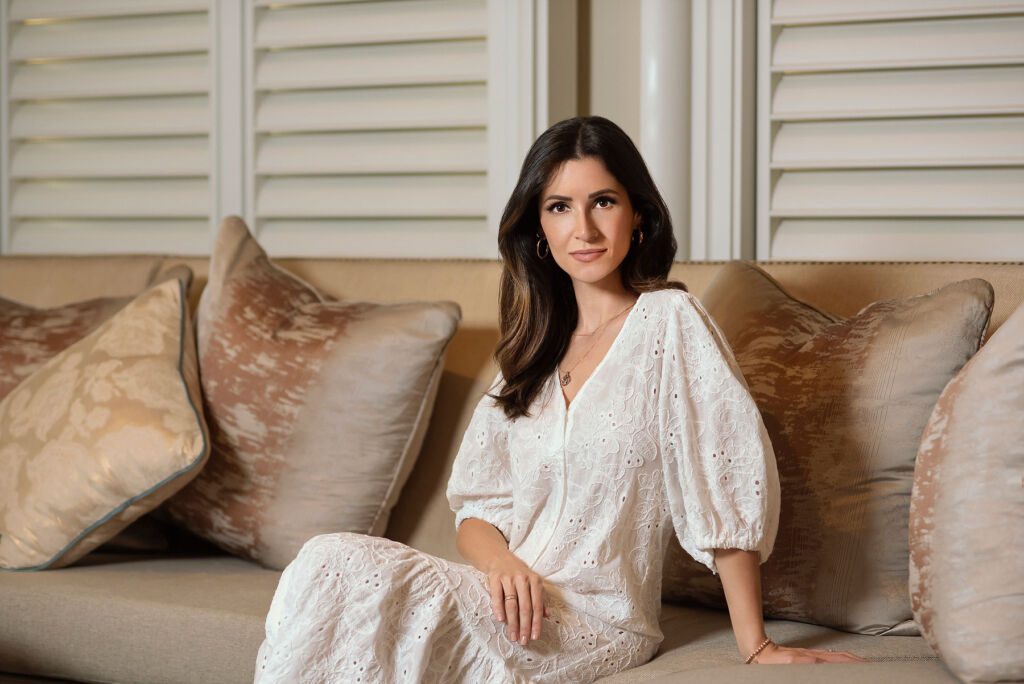
Fancy checking out of your daily routine and checking into a luxurious hotel to enjoy those superb amenities which have been underutilised during the pandemic?; Well, now you can. Ong Chin Huat catches up with Martha Waslen to learn more about her newly launched online platform called DayAway, which makes all this and more possible.
Revolutionary in its concept and fast becoming the Asian region’s next big thing, DayAway is the first online destination for luxury lovers to seek out and book curated daytime experiences at Singapore’s Finest luxury hotels, all in one app.
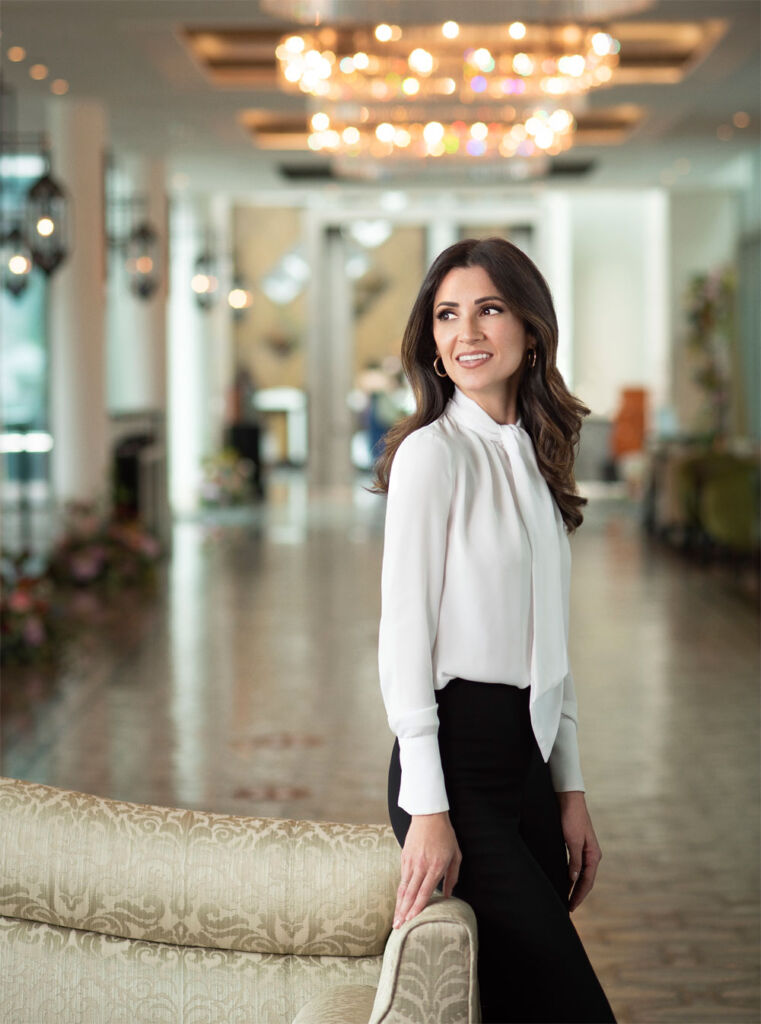 DayAway is the brainchild of Martha Waslen (right), who launched beauty platform Luxola and previously worked at Ralph Lauren in New York before moving to Singapore back in 2011.
DayAway is the brainchild of Martha Waslen (right), who launched beauty platform Luxola and previously worked at Ralph Lauren in New York before moving to Singapore back in 2011.
Currently, the online platform focuses on Singapore, but there are plans to expand its reach in the future. In simple terms, DayAway is a B2B2C platform that works with hotels to curate relaxing and highly experiential daytime packages which are designed to inspire, recharge and uplift.
Ong Chin Huat spoke with Martha Waslen to discover how she got the idea of starting DayAway and whether she thinks the hospitality industry will ever revert to some semblance of normality in the near future.
Luxurious Magazine: What is DayAway?
Martha Waslen: DayAway is an online destination for users to discover, browse and book exclusively curated hotel experiences by the day. We are a B2B2C platform offering hotels innovative inventory management and marketing solutions to monetise their underutilised facility space, and a marketplace for prospective guests to browse unique experiences at all of their favourite hotels and book in real-time. Following our successful launch in Singapore this past April, DayAway is on an encouraging trajectory to establish a global footprint by launching operations throughout Asia, Europe and North America.
LM: How did you come up with the idea of starting DayAway?
Martha: The idea to launch the first Asian-based, online destination for booking hotel experiences by the day was born in August 2020, shortly after Circuit Breaker restrictions eased, as a solution to connect communities desperate for space outside their homes to relax and recharge with underutilised ancillary space at hotels looking to generate new revenue streams.
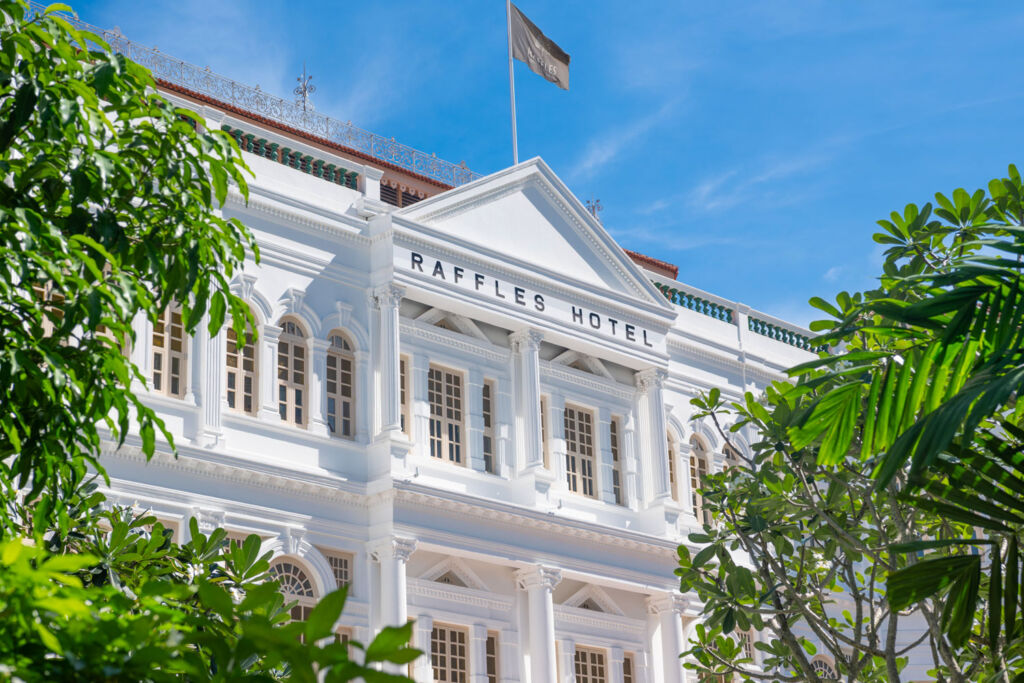
Our first hospitality partnership with Raffles Hotel provided critical insight into how the platform should be built for scale and how to develop a technology and marketing platform that would create real value for hotel partners moving forward.
We are collaborating with some of the most recognised hotel brands in Southeast Asia, including Raffles Hotel, Fairmont Singapore, The Fullerton Hotels, Andaz Singapore, Pan Pacific Hotel Group, The Capitol Kempinski Hotel, The Vagabond Club, Duxton Reserve, and several other globally recognised hotel groups to be announced soon!
LM: Is DayAway confined to just hotels in Singapore, or do you plan to expand it to other countries and regions?
Martha: DayAway has been built for scale and international expansion from day one. Our back-end technology is able to launch new hotels anywhere in the world in a matter of minutes, and we are excited to see DayAway grow into a global platform over the next several months.
We are looking to announce our international expansion at the end of Q3 and have received an abundance of interest from renowned hotel groups across the Asia Pacific region, as well as outreach from hospitality groups in the UK, Europe and North America. We are currently assessing our options and growth strategies to determine which markets will best boost our brand awareness and user adoption while growing our global footprint.
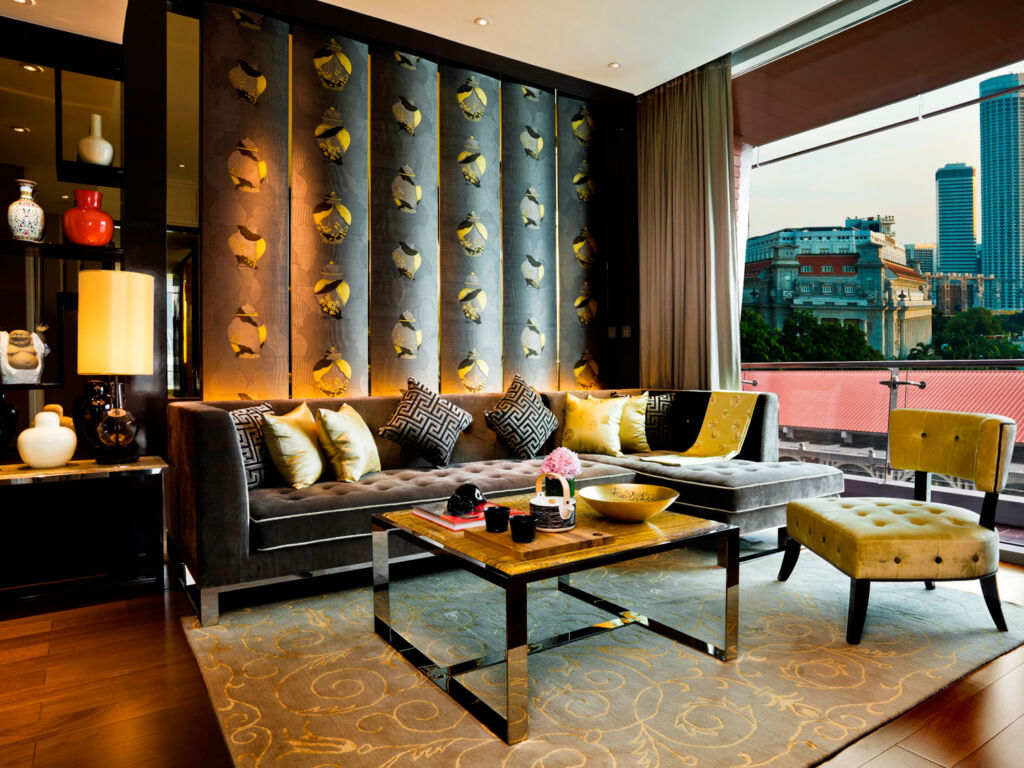
LM: So far, how many hotels are registered with DayAway?
Martha: DayAway currently offers daytime experiences across 15 hotels in Singapore, such as the iconic Raffles Hotel, The Fullerton Hotel & The Fullerton Bay Hotel, Andaz Hotel, the Garcha Group Hotels, and Fairmont, and we will be welcoming another 20 hotels onto the platform over the next several weeks before announcing our next international market. DayAway has an aggressive global expansion strategy and is growing quickly, underlining the market need for such an experiential platform!
LM: What challenges have you encountered when you approached hotels to come on board with this concept of experiential daytime packages?
Martha: The early days of building DayAway were challenging because I was an industry outsider with little knowledge of hotels systems and on property operations, but I knew there was an obvious supply and demand opportunity for technological innovation if I could build the platform quickly enough.
Time was perhaps our greatest challenge. We couldn’t build DayAway in sequence; everything had to be done in tandem – building our prototype, pitching to hotels, raising capital, onboarding users – racing against time to capitalise on the perfect product-market fit for a platform like DayAway.
I also had to convince hotels that our inventory management software and unique content marketing strategies could help them build an entirely new hospitality category that would generate new forms of revenue without negatively impacting their brand. In fact, not only have we protected the brand integrity of our hotel partners, we’re seeing DayAway create an overwhelmingly positive brand experience, “stickiness”, and loyalty between our hotels and DayAway guests.

LM: Will the packages from different hotels be different, or will they be standardised?
Martha: DayAway aims to consistently offer exciting, unique experiences at all of our hotel properties by working hand in hand with partners to determine which facility spaces are underutilised and curating experiential packages that generate engagement and maximise revenue while providing guests with opportunities to relax, recharge and reconnect.
Over time, however, a critical mass of bookings will allow us to provide valuable data and insights to our hotel partners that will allow them to standardise their packages and curate experiences on their own that excite guests while generating meaningful revenue.
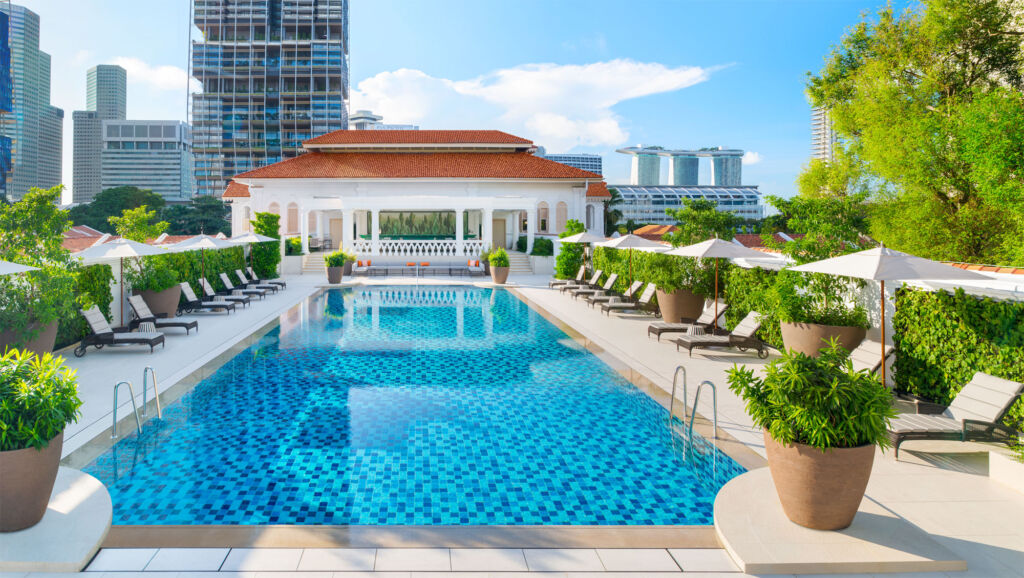
The Sunrise Spa and Swim at Raffles Hotel is probably the best example of how we create packages. We understood that the Raffles Spa was mostly quiet between 10.00 am -12.00 pm, so we created the DayAway Sunrise Spa and Swim experience, which includes a 60-minute treatment at the Raffles Spa followed by a 2-hour booking at the rooftop pool. This has been the best selling package on the DayAway platform so far. It is a popular experience for couples and groups looking for a relaxing escape, and we are seeing many guests making repeat bookings.
We foresee that as our global footprint grows, the functionality and seamless DayAway experience will always remain the same, but each international market will be able to offer its own cultural flavour and seasonal offerings.
LM: Can you explain to our readers what you mean by a B2B2C platform?
Martha: A B2B2C platform is a “Business to Business to Consumer” business model where a company accesses its consumer market via another business.
To make this more visual, DayAway provides the necessary marketing and inventory management tools for our partner hotels to maximise brand awareness and generate revenue from daytime experiences at their property to a highly distinguished audience while also providing a seamless booking experience for the guest.
LM: How do you plan to disrupt the hospitality industry?
Martha: DayAway’s ultimate goal is to radically disrupt the multi-billion-dollar hotel industry by creating a new channel for hotels to become their own experiential marketplace. We hope to revolutionise hospitality by optimising and monetising underutilised ancillary spaces, and we are working hard to build the world’s leading platform for booking hotel experiences by the day.
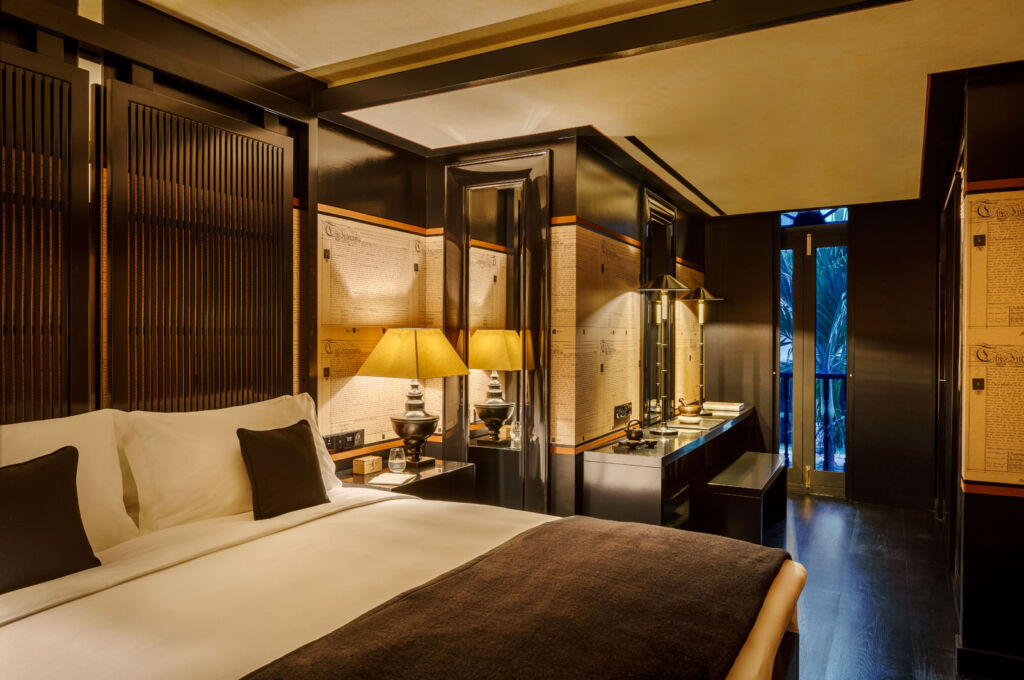
LM: Where do you think is the most underutilised space in a hotel?
Martha: During our soft-launch phase, DayAway was facilitating hotels to identify specific spaces on their property where they intended to increase traffic, such as the spa, pool, gym, F&B outlets, meeting rooms, etc., and every hotel was unique.
We have since learned that opportunities are much greater than any one of those ancillary spaces on its own. DayAway provides hotels with prospects to optimise spaces and resources they had never even thought of, like outdoor spaces, kitchen areas, a huge blank outdoor wall where they could host a movie screening, or even building experiences around their staff! Imagine you have a hotel staff member that has this incredible skill – maybe it’s calligraphy, or photography or yoga – and you can create a package around that person, offered a few times a week.
For DayAway, it is not necessarily just about picking out the most underutilised space across all hotels and monetising it but pushing hotels to re-imagine what is possible with any space available at their hotel.
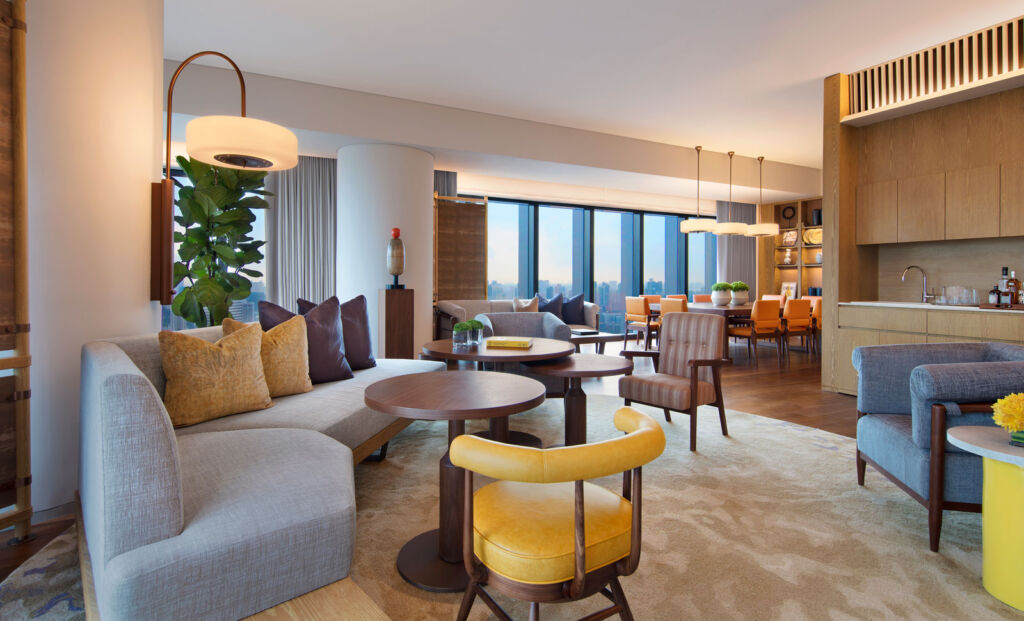
LM: When do you think the pandemic will be over and do you think life, and in particular the hospitality industry, will ever revert to normalcy again?
Martha: Some industry research predicts that hotels may not recover to pre-Covid occupancy levels until as late as 2024. But while international travel restrictions have created the perfect product-market fit and timing for a local hospitality platform like DayAway, the company is excited to reach its maximum potential when borders re-open.
Imagine travelling to Hong Kong, London or New York and having access to various hotel experiences beyond the hotel you’re sleeping in – the best rooftop pools, spas, culinary classes and cultural experiences (think private museum tours, bike tours, and other off-property activities offered by a hotel), only a click away on the DayAway platform. What might a new hospitality economy look like when hotels become their own experiential marketplace?
For information on DayAway, please visit www.dayaway.sg.
Read more exclusive interviews here.
![]()

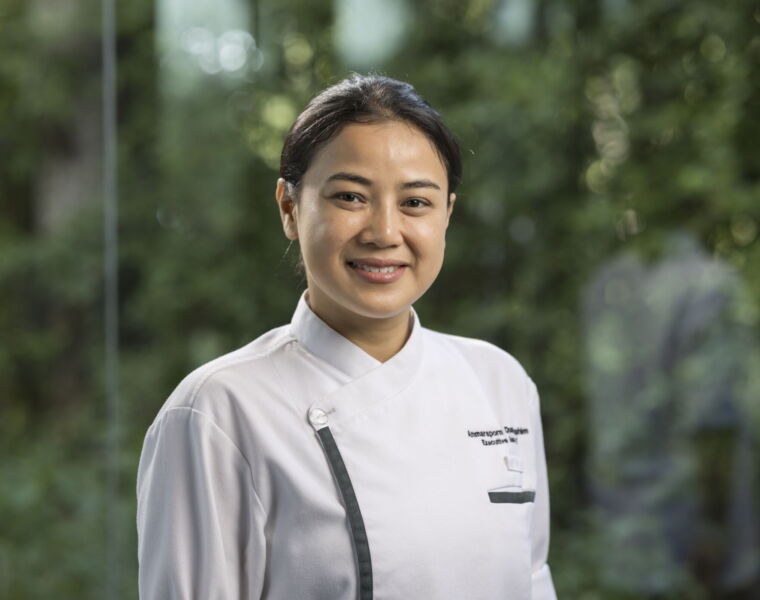
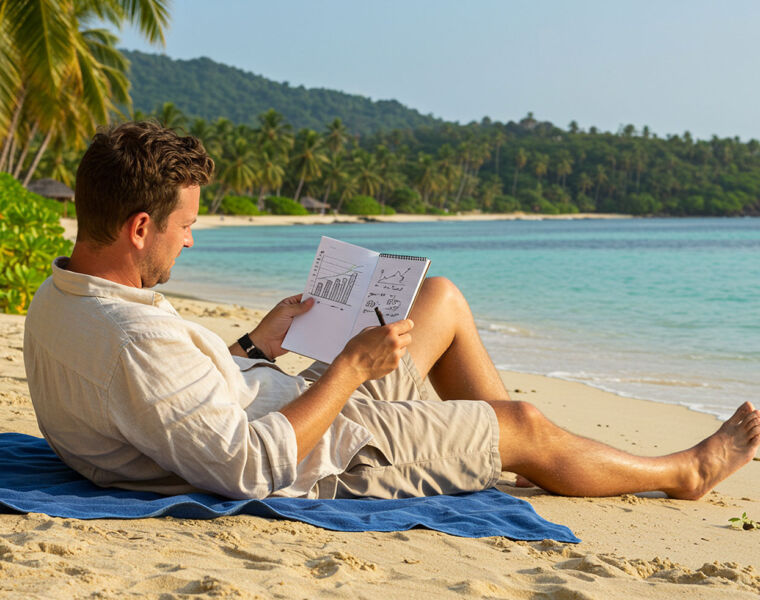
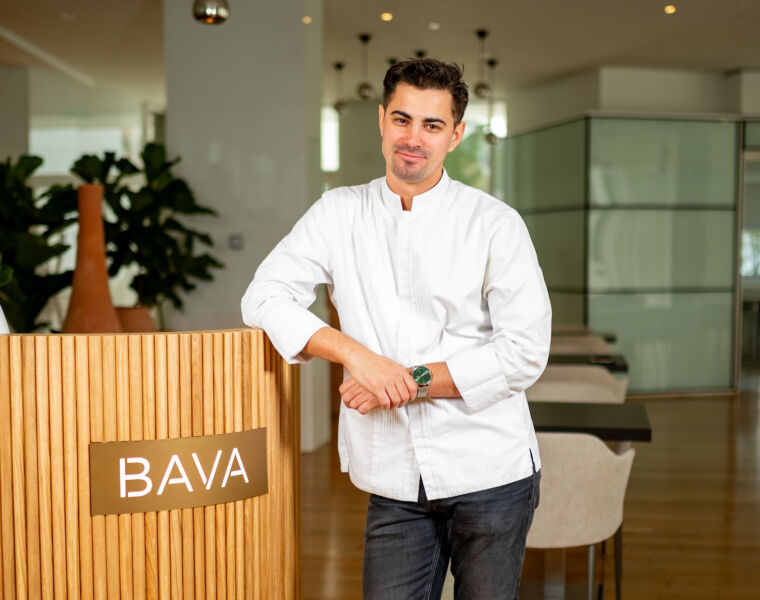
You must be logged in to post a comment.